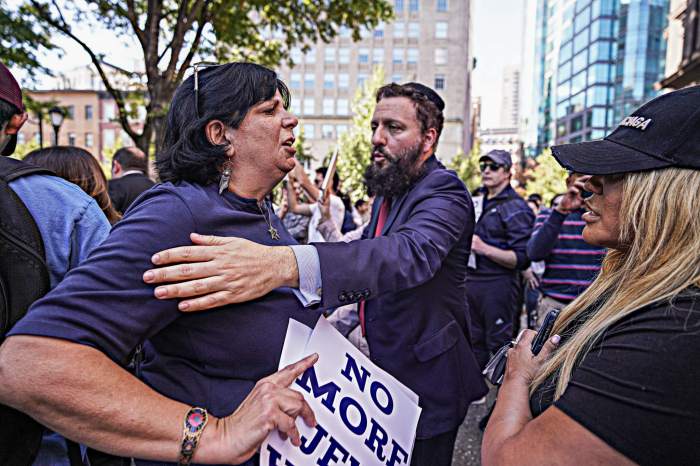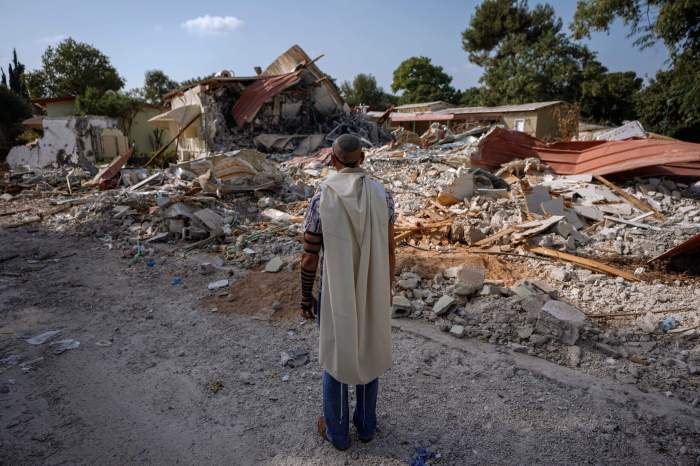
Can the shocking case of indicted Brooklyn Tech instructor Sean Shaynak build a groundswell for repairing the troubling way city teachers are sometimes hired and all-too-seldom fired?
We hope so. Shaynak allegedly preyed on seven female pupils over three years. He took one to a nude beach, another to a sex club, and sent one a photograph of his private parts via Snapchat, authorities charge. He’s accused of having sex with two of the girls after they turned 17.
And while he awaits criminal prosecution on charges of kidnapping, sexual abuse, obscenity and endangering the welfare of a child, among other things, he’s getting paid as a probationary teacher. The firing process is underway — but it takes awhile, say school officials.
Don’t wait too long to stop the paychecks.
Meanwhile, it’s only fair to ask about the vetting process that in 2009 cleared him to teach in one of the city’s most prestigious high schools. There was at least one sharp warning sign that this guy might be trouble.
Shaynak was charged with beating up an 11-year-old boy in Maryland in 2005. He wasn’t convicted in that episode, and his case was expunged from the public record. But a restraining order against Shaynak containing details of the incident remains part of the court record, The New York Times reported. Did school officials miss it? Apparently. They hired him to teach physics, math and aeronautics.
But at least he’s out of the classroom now. The harder challenge by far is to get rid of the bad — but tenured — teachers. Between 1997 and 2007, 61% of city teachers who were found incompetent or abusive wound up back in the classroom thanks to generous rules regarding rehabilitation, says the American Enterprise Institute, a think tank. With a workforce of 78,000 teachers, the city fired an average of just six a year for poor performance.
Lawsuits challenging tenure laws are working their way through the courts — and we wish them well. But hiring and firing procedures both need improvement.
The unimaginable Shaynak case screams as much.

















